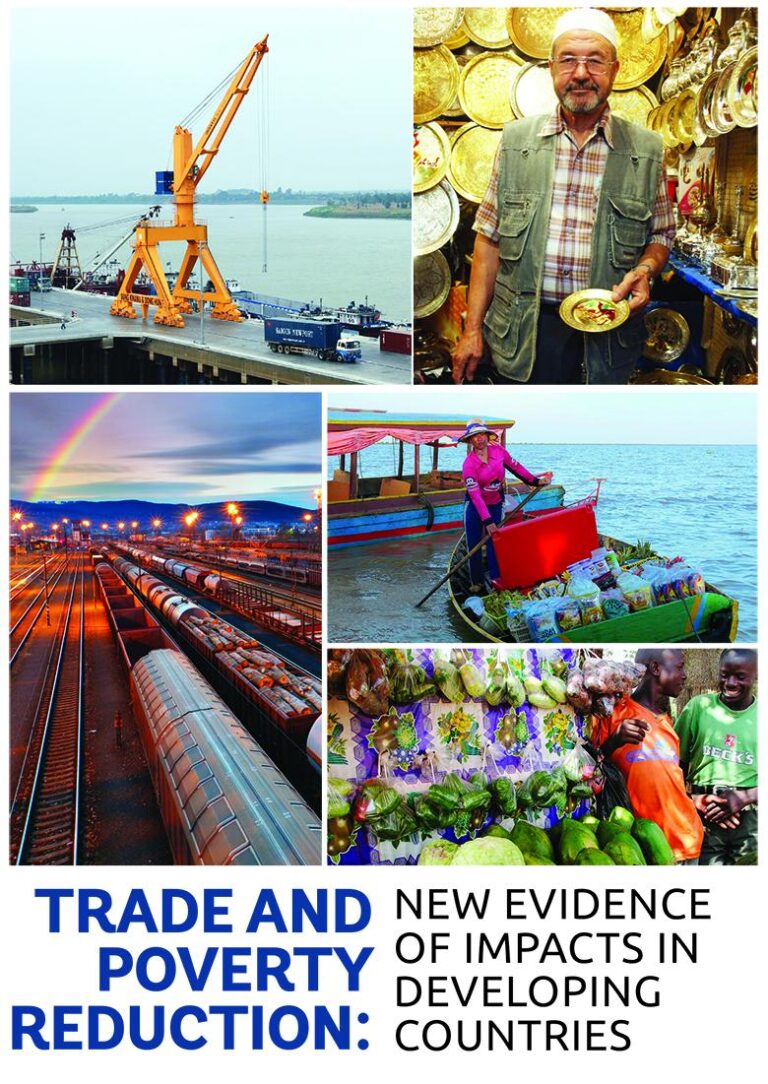Poverty Reduction and Renewable Energy in Tajikistan
Tajikistan faces significant challenges with poverty, impacting large segments of its population. One of the most promising solutions is the integration of renewable energy sources into the national grid. This energy transition could alleviate economic hardships by providing affordable and sustainable power.
The Current Poverty Landscape
As of recent reports, over 26% of Tajikistan’s population lives below the poverty line. This high level of poverty limits access to basic needs, including education and health services. Moreover, rural areas are particularly hard-hit, where households often rely on expensive and polluting energy sources.
Renewable Energy as a Solution
Renewable energy initiatives, particularly in hydropower, solar, and wind energy, show great potential in Tajikistan. With abundant natural resources, the country can harness hydropower to fulfill domestic energy demands and export surplus energy. This not only drives economic growth but also aids in poverty alleviation.
Benefits of Renewable Energy for Communities
Access to renewable energy can significantly improve the quality of life for Tajikistan’s impoverished communities. It allows for new job opportunities in renewable energy sectors, promoting local entrepreneurship. Additionally, it enhances education by powering schools and reducing reliance on erratic energy supplies.
Government and International Support
The Tajik government, with international partners, is crucial in fostering a renewable energy environment. Various projects have been launched with the aim of sustainable development and poverty reduction through renewable energy initiatives. For more detailed information on this topic, visit this page.
The Path Forward
To effectively combat poverty, stakeholders must prioritize renewable energy investments. By doing so, Tajikistan can create a self-sustained economy that supports the well-being of its citizens. Ultimately, a shift toward renewable energy is not just an environmental necessity but a crucial step in reducing poverty.

